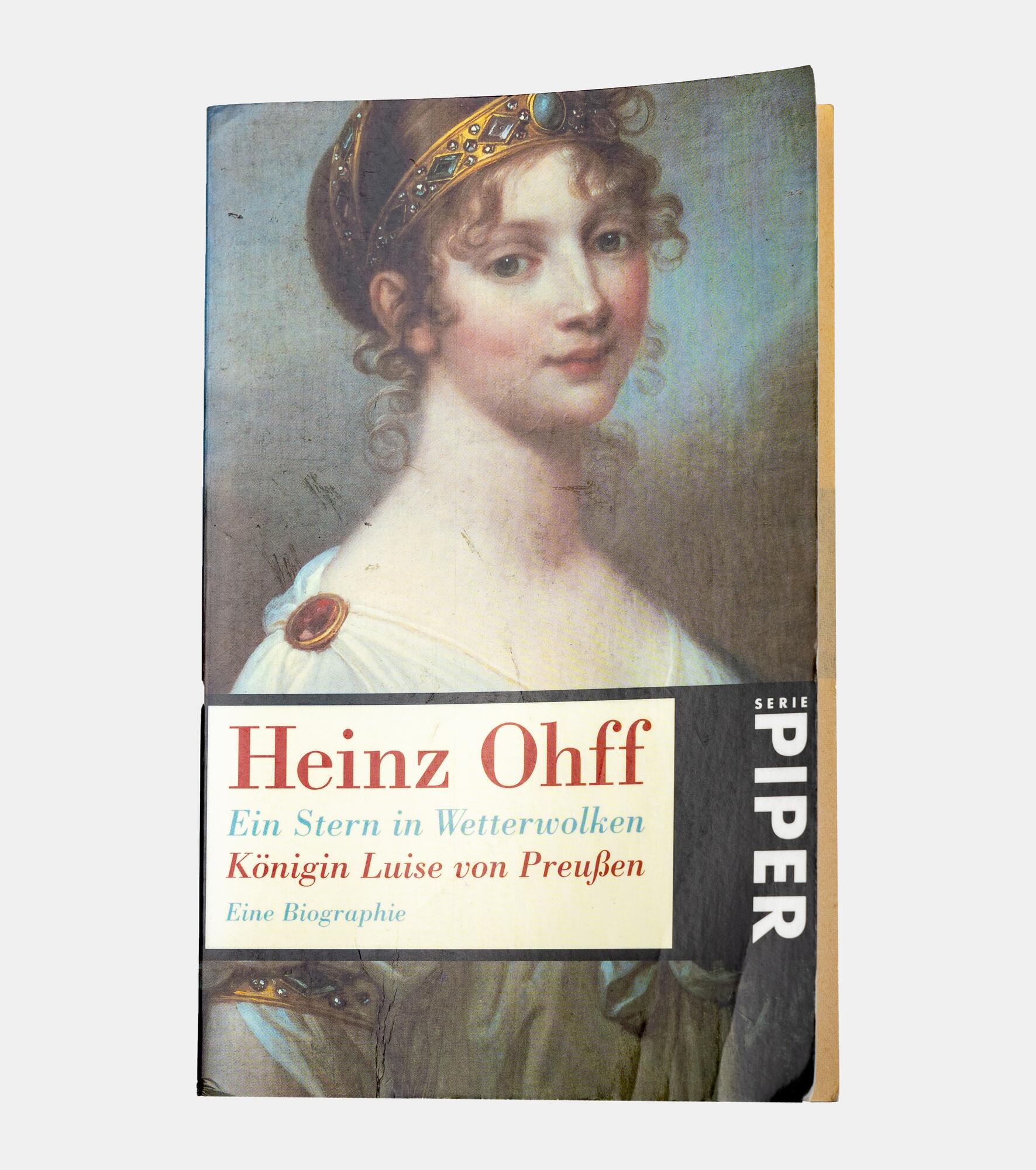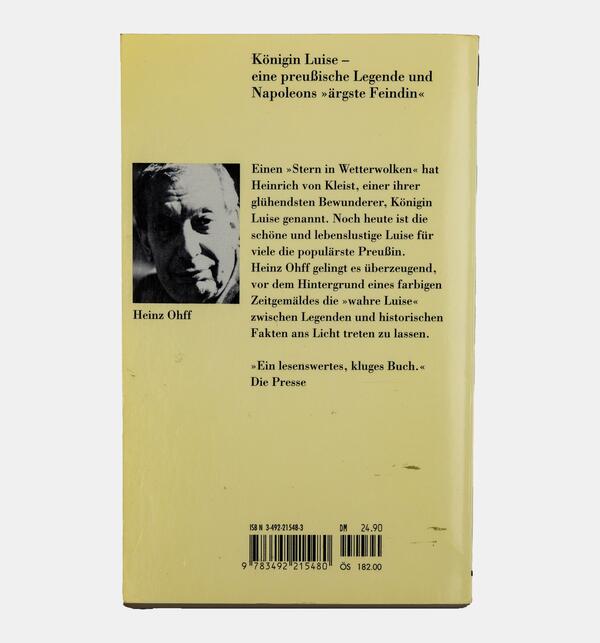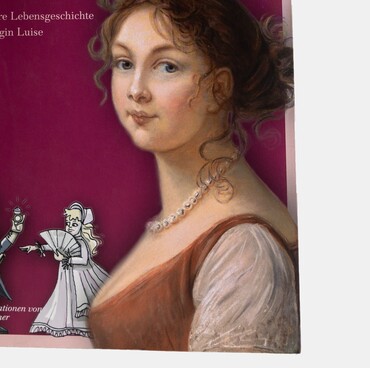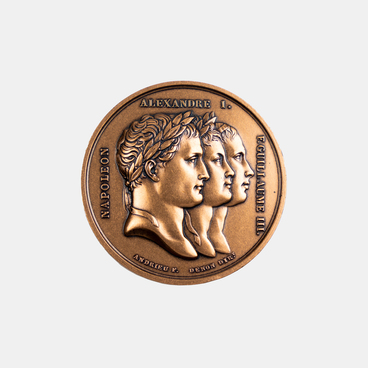The book by Heinz Ohff “A Star in Weather Clouds” tells the story of a legendary queen who became an object of reverence during her lifetime and who conquered the hearts of Europeans for centuries. The biography was published by Piper Verlag GmbH in 1988.
Princess Mecklenburg-Strelitz was only six years old when her mother died after giving birth to her tenth child. The upbringing of Louise and her two sisters, Therese and Friederike, was taken over from 1786 by their grandmother Maria Louise Albertina, who lived in Darmstadt. The girls were taught French and court etiquette by Mademoiselle Salomé de Gélieu, a governess sent specially from France. Louise was not particularly diligent in her studies. Her letters in French were littered with errors. As a little girl, she earned the endearing nickname “Miss Levity”.
When Louise and Friederike
were 17 and 15 years old, respectively, they were presented to King Friedrich
William II of Prussia. He was so impressed by the sisters’ beauty that he
immediately voiced his intention to arrange marriage between them and his sons. The king’s plan was for the eldest son to marry
the eldest of the sisters and the youngest to marry the youngest one. The double
wedding was celebrated on Christmas Day in 1793. Louise fully lived up to all
expectations in her role as a mother. In a little less than 17 years of marriage she produced ten children, seven of whom reached
adulthood. Many of her offspring subsequently held high positions in the
political arena of Europe and even Russia. Thus, Louise’s eldest son Friedrich
William IV ruled Prussia from 1840 to 1861, and his younger brother William,
who also inherited the Prussian throne, was proclaimed Emperor of Germany in
1871. Queen Louise’s daughter, Friederike Charlotte, married Nicholas I in 1817
and became Tsarina Alexandra Feodorovna of Russia in 1825. Hence, Queen Louise
was the grandmother of the Russian Emperor Alexander II. When Frederick William
III acceded to the throne in 1797 at the age of 27, Luisa was 21. The young
queen strove to support her husband in all areas of his work, including
politics. Although Friedrich William III himself denied the influence of his
wife in Prussian politics, her active participation in the peace negotiations
in Tilsit testifies to the contrary.



